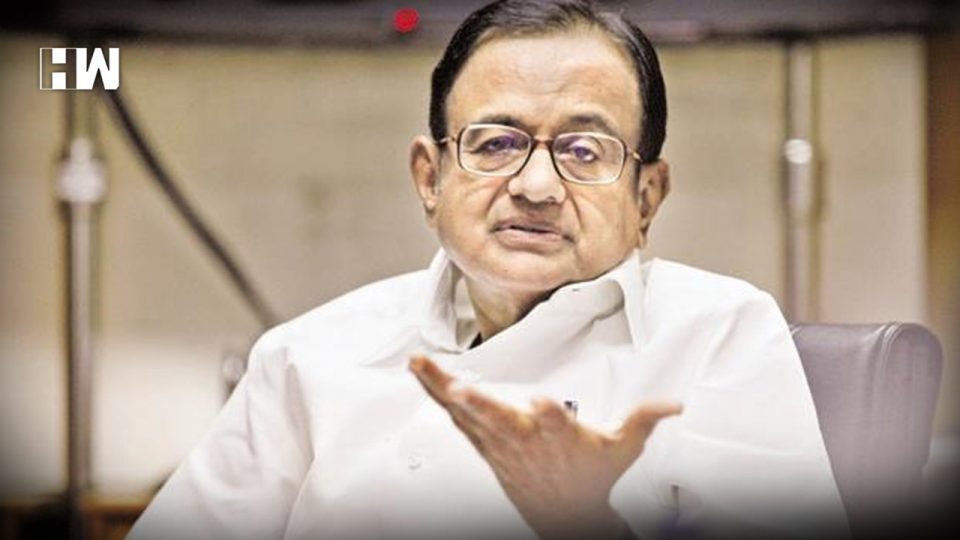New Delhi | Slamming the government for citing a never-used clause of the RBI Act, former Union finance minister P Chidambaram on Wednesday alleged that the BJP dispensation is “hiding facts” about the economy and is “desperate”.
The senior Congress leader said that the governments he was a part of in the past had never used Section 7 of the Reserve Bank of India Act of 1934, under which a direct order can be issued by the government to the central bank to carry out its wishes in “public interest”.
“If, as reported, Government has invoked Section 7 of the RBI Act and issued unprecedented ‘directions’ to the RBI, I am afraid there will be more bad news today.
“We did not invoke Section 7 in 1991 or 1997 or 2008 or 2013. What is the need to invoke the provision now? It shows that government is hiding facts about the economy and is desperate (sic),” he said in a series of tweets.
The government has sent at least three letters on different issues under Section 7 (1) of the Reserve Bank of India Act that gives it powers to issue any direction to the central bank governor on matters of public interest.
Sources, however, insisted that the government has not taken any action of issuing any specific direction and has only initiated consultations with the central bank on unresolved issues.
The Finance Ministry and the RBI are said to have differed on the central bank’s handling of weak public sector banks, tight liquidity in the market and ways of resolving bad loans in the power sector.
Sources said the finance ministry wrote three separate letters in the past few weeks to the RBI on issues ranging from Prompt Corrective Action (PCA) framework to liquidity management and sought consultation under Section 7 of the RBI Act.
As an independent media platform, we do not take advertisements from governments and corporate houses. It is you, our readers, who have supported us on our journey to do honest and unbiased journalism. Please contribute, so that we can continue to do the same in future.

